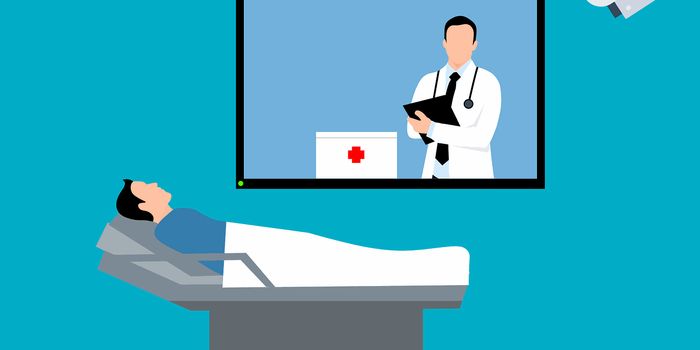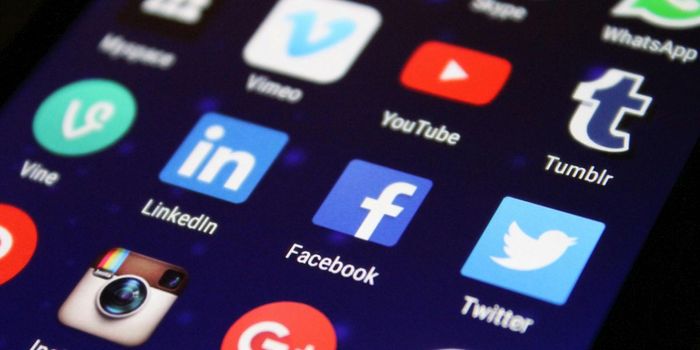Can Pacemakers be Reconditioned and Reused to Save Lives?
A team of researchers at the University of Michigan and the University of Michigan Health Frankel Cardiovascular Center are in the midst of a clinical trial exploring the efficacy and safety of using reconditioned/recycled pacemaker devices after they have already been used. If successful, patients in lower income countries without access to pacemaker treatment could be able to get these life saving devices.
Reconditioning and recycling a used pacemaker for implantation in a second patient is not currently standard practice. While there have been some expectations, such as in the context of compassionate use, pacemakers are by and large considered to be single-use devices. Changing this would require the implementation of proper protocols and processes to effectively recondition these devices for more than one use.
As part of a compassionate use program called “My Heart Your Heart,” researchers at the University of Michigan Health Frankel Cardiovascular Center have been sending recycled pacemakers to lower income countries now for over a decade. This practice is vital for people in these countries, where an estimated 90% of people live in poverty and cannot access these life-saving devices. Across multiple continents, surgeons have successfully implanted over one hundred of these recycled devices.
The question is, do these recycled devices work?
To answer that question, researchers are leading an international, landmark trial to investigate how these devices work for patients who receive them. As part of the study, which includes participants who are unable to pay for a pacemaker and for whom all other treatment options have been exhausted, participants receive either a new pacemaker or a recycled one. So far, over 200 participants have joined the study.
Determining the effectiveness of a recycled device is based on infection rates in recipients as well as malfunctions related to the device or its software.
Sources: EurekAlert!; World Journal of Cardiology








